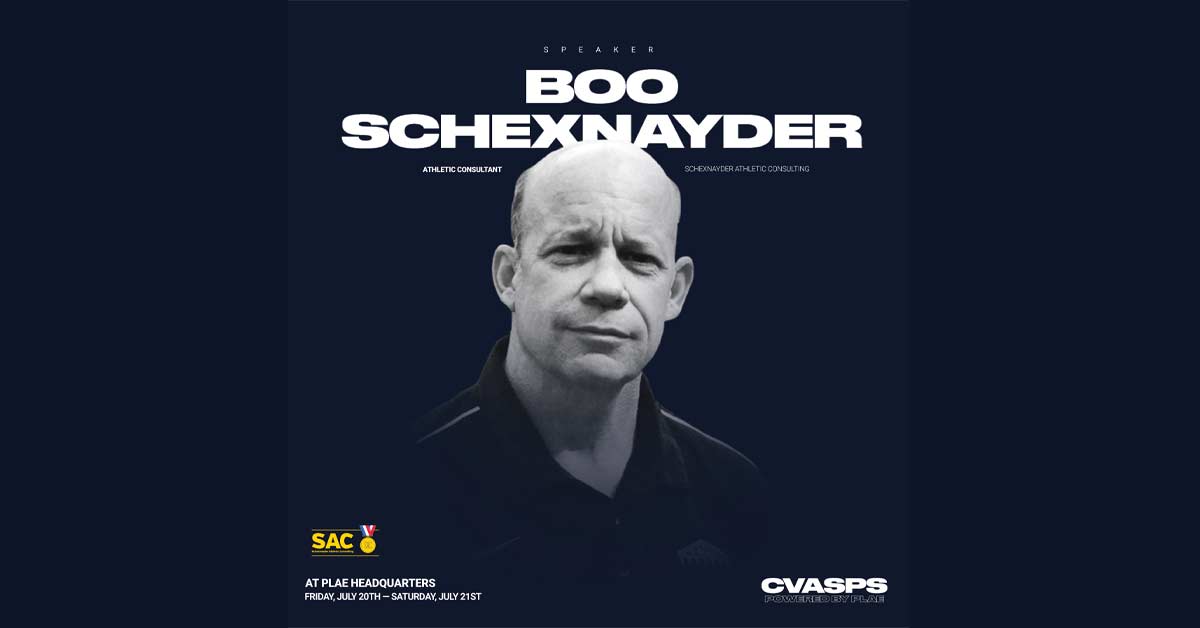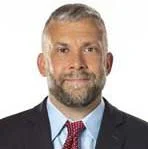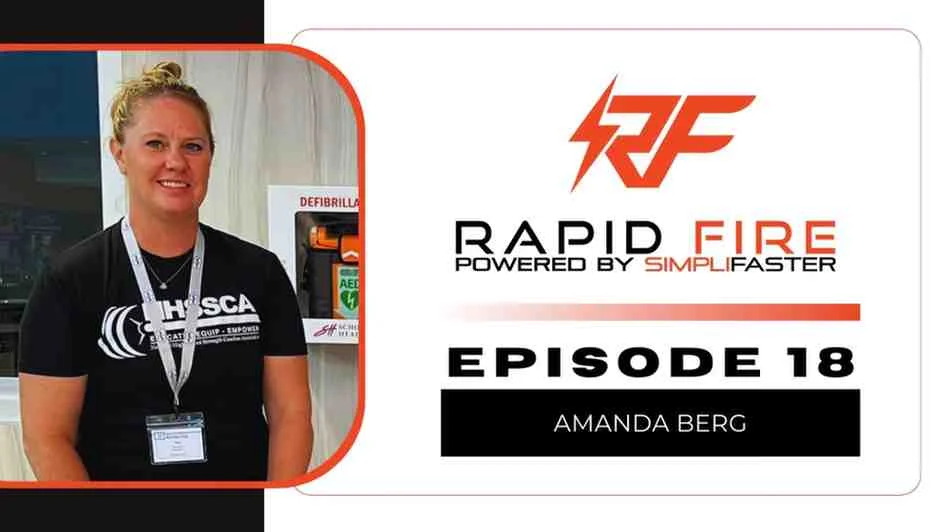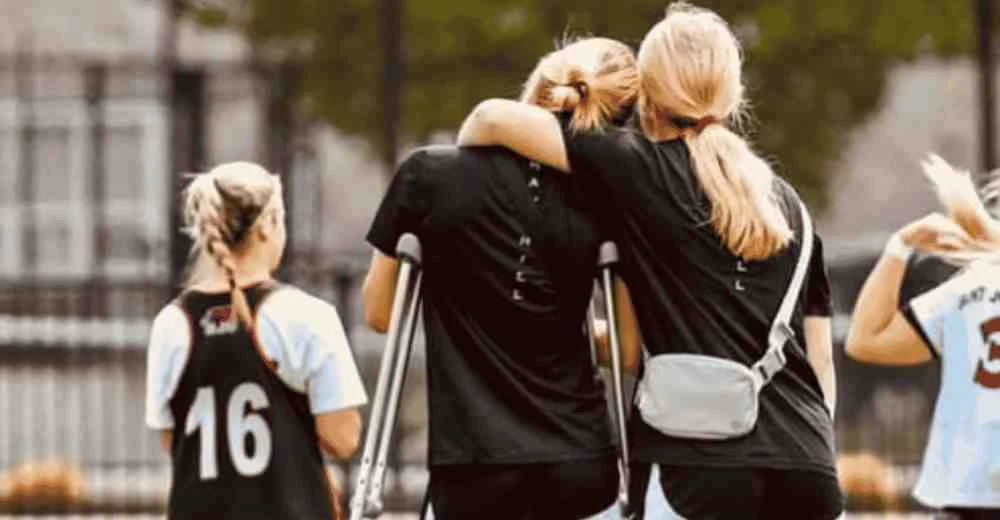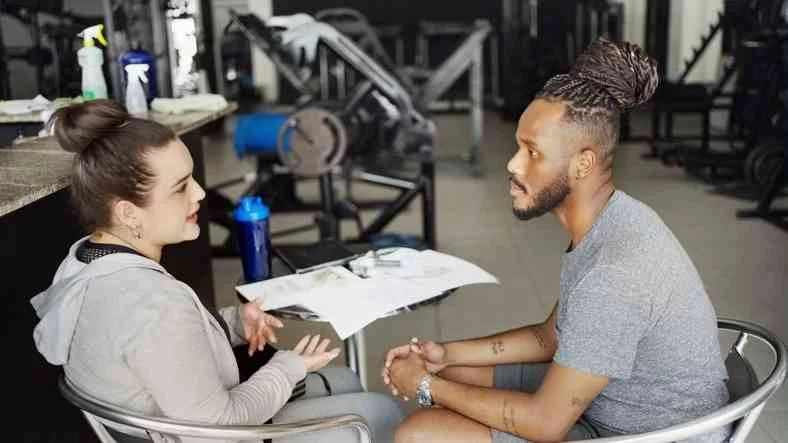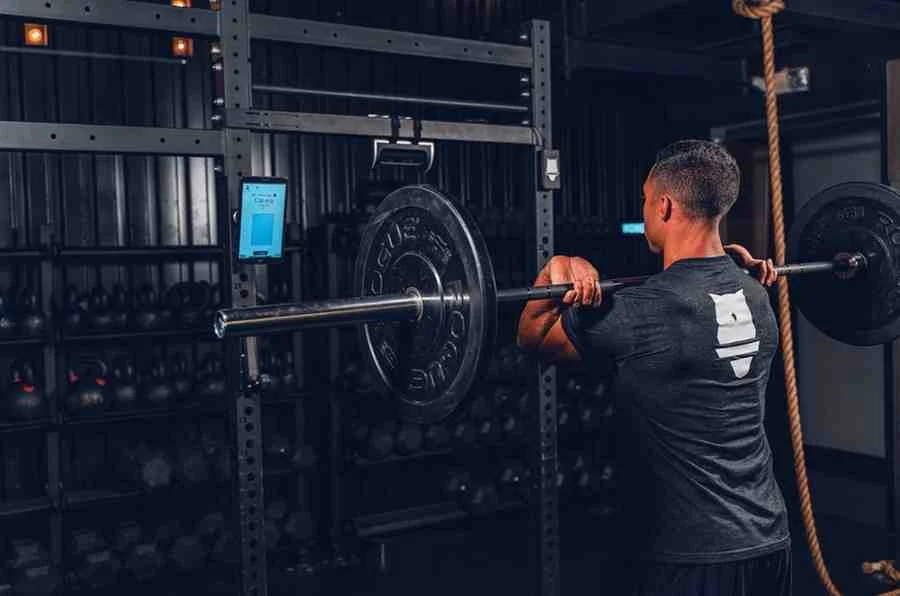I’m so excited to be welcoming Boo Schexnayder back to The Seminar this July—his presentation at Union Fitness last spring on return to play was fantastic, and this year we’re bringing him back to talk about what many would say is Coach Boo’s bread and butter: how to make athletes faster. His resume is second to none and only eclipsed by how great a person he is and how willing he is to share to help coaches get better. I hope you enjoy our conversation.
CVASPS: What are a handful of the mistakes you routinely see made by strength and conditioning coaches in the United States and around the world, and what specifically do you feel should be done differently to correct these issues?
Boo Schexnayder: I am hesitant to make critical statements about a profession in general, but I think there are some directions that S&C coaching culture has taken us in that can be improved. First, we have yet to move from a muscle-based model to a neural-based model.
There are some directions that S&C coaching culture has taken us in that can be improved. First, we have yet to move from a muscle-based to a neural-based model, says @BooSchex. Share on XThese athletes are talented not because of the characteristics of their muscles but because of the effectiveness of the nervous system in activating muscle—and few of our training constructs are designed with improving recruitment and rate coding in mind. As a result, speed and power are very misunderstood, strength training is not quality-based, and rehabilitations take far longer than they should. Knee-jerk reactions to new technology and research also produce an array of problems.
CVASPS: What advice would you give a coach to improve their knowledge as a process of continuing education? By which I mean, can you point our readers in a few concrete directions to find the scientific and practical information to improve the methods used to improve performance?
Boo Schexnayder: I feel strongly that mentorship may be the most productive means of professional improvement for young coaches. While it does limit the diversity of viewpoints you are exposed to, it’s a good way to get into the ballpark quickly as a young coach. I think it’s important to recognize that 5% of your training program should act as a working laboratory because the answers you find on your own are always the most meaningful.
Lastly, all professions, including ours, tend to become inbred. We talk to each other too much and fail to reach outside the commonly accepted boundaries of our professional coaching culture into other fields. I think there is a lot to learn that can be applied by studying other sports, the medical and therapy fields, psychology, philosophy, engineering, history, and so many other fields that would view our problems and potential solutions in an entirely different light.
CVASPS: For readers unfamiliar with your history, can you provide some background on your niche in the world of athletics, the educational/career path you took en route to your current role, and any notable publications, courses, or products you have available that you’d like to direct readers toward to dive deeper?
Boo Schexnayder: I started as a high school coach, coaching football and track, and eventually moved into collegiate track coaching, coaching a year at Blinn (Junior) College, three years at Southwestern Louisiana (now Louisiana-Lafayette), and then 13 years at LSU. During that time, I had a good bit of success turning out winning athletes at the national and world levels. I was fortunate that my success opened some doors for me, so I also became very involved in clinics and coaching education and began working with potential NFL players in Combine prep.
I left LSU in 2007 and continued international-level coaching and coaching education projects, and I began consulting in various sports and levels. I returned to LSU for another five-year stint as strength coach for track and field in 2017 and retired from the university in 2022. I continue to do a lot of clinics, write a lot of curricula for coaching education programs, mentor lots of younger coaches, teach coaching education courses, and perform consulting work for many NCAA programs, professional sports teams, and a few foreign countries. I operate a website, sacspeed.com, where you can read articles I have written and learn more about me and the materials I have to offer.
CVASPS: Can you provide a sneak peek at the topic you will be covering at The Seminar and a few valuable takeaways on the presentation for those who may not be able to attend?
Boo Schexnayder: The topic is “Critical Factors in Speed Development.” I plan to get very detailed about speed/power development programming. I think 75% of athletes never reach their genetic potential for speed, and I’ll explain why. I’ll look at effective speed training practices and the common programming mistakes we make. Speed development training is generally undervalued as far as the way it increases the effectiveness of the strength (and other) programs, so we’ll examine speed training not only as a way to get faster but also as a way to increase the overall effectiveness of the program.
(In my session at The 2023 Seminar) I’ll examine speed training not only as a way to get faster but also as a way to increase the overall effectiveness of the program, says @BooSchex. Share on XI’ve also observed over the years that many coaches design effective speed training that looks great on paper but doesn’t work well. Speed acquisition doesn’t happen because other portions of the program are set up in an incompatible way. I’ll go into detail about how to avoid these common mistakes. We’ll even touch on how these philosophies can be applied in the rehab field.
CVASPS: I hope you enjoyed this brief look into the thoughts of Coach Boo and understand why I’m so excited to have him back on the docket for The 2023 Seminar. Join us at PLAE HQ in Canton, Georgia, on July 21 and 22 for what is going to be an absolutely fantastic event. For more info, tap the link here, and be on the lookout for the next installment of our presenter Q and A’s here on SimpliFaster.
Since you’re here…
…we have a small favor to ask. More people are reading SimpliFaster than ever, and each week we bring you compelling content from coaches, sport scientists, and physiotherapists who are devoted to building better athletes. Please take a moment to share the articles on social media, engage the authors with questions and comments below, and link to articles when appropriate if you have a blog or participate on forums of related topics. — SF

